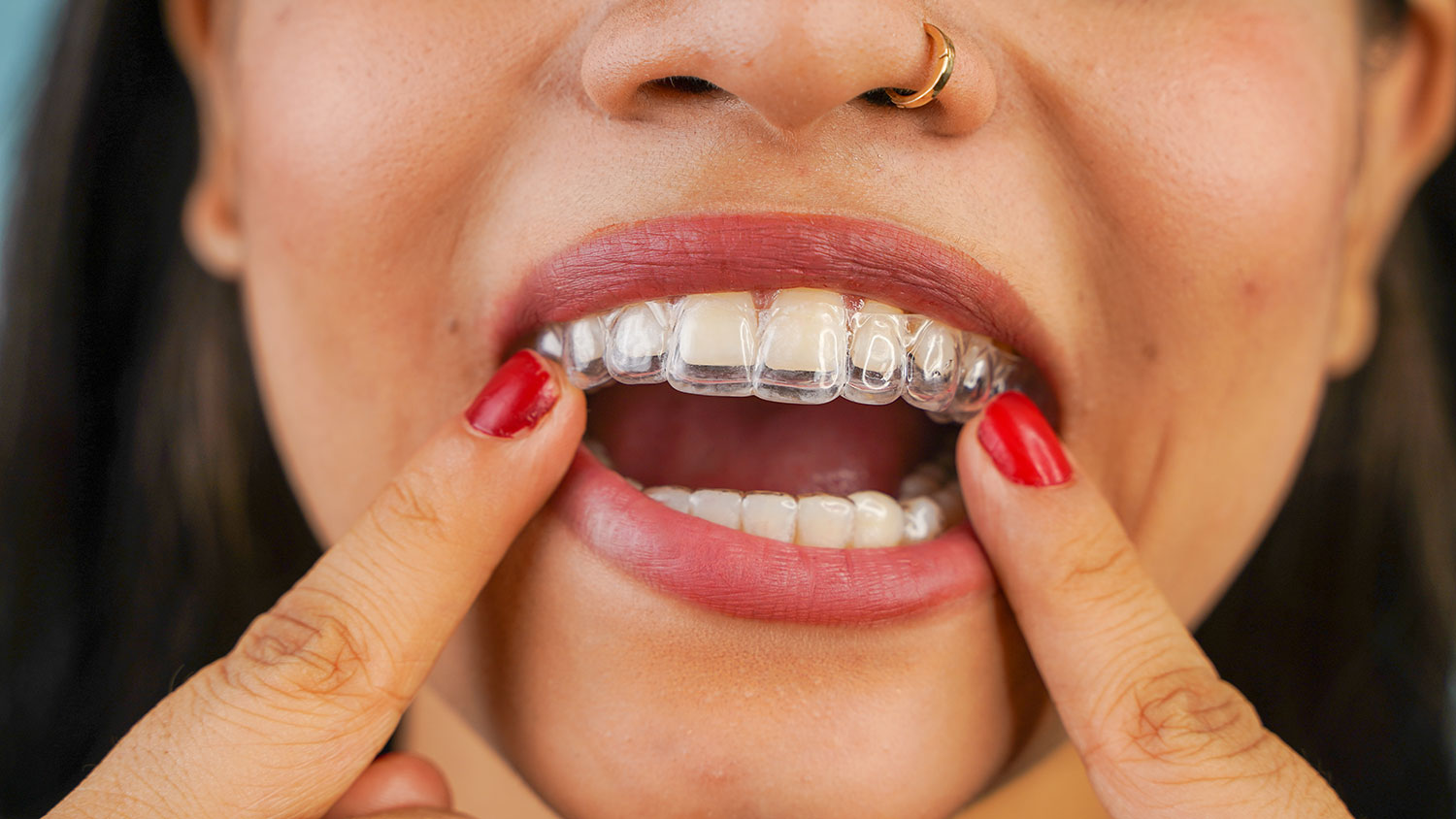When it comes to dental appliances, one of the most common questions patients have is, “How long do they last?” Whether you are considering braces, dentures, or a retainer, the lifespan of your dental appliance plays a key role in planning your treatment and understanding what to expect. The longevity of dental appliances varies depending on the type of appliance, how well you care for it, and your oral habits. In this article, we will explore how long Dental Appliances typically last, what factors affect their durability, and tips for extending their lifespan.
Types of Dental Appliances and Their Lifespan:
Dental appliances come in many forms, each with its own expected lifespan. The duration a dental appliance lasts depends largely on its type and the materials used in its creation. Below are some common types of dental appliances and their typical lifespan.
Common dental appliances and their lifespan:
-
Braces: Traditional metal braces typically last around 1-3 years, depending on the severity of the dental issue being treated.
-
Retainers: A well-maintained retainer can last between 5 to 10 years, although it may need to be replaced over time due to wear and tear.
-
Dentures: Full or partial dentures can last anywhere from 5 to 10 years, depending on how well they are cared for and the materials used.
-
Mouthguards: Sports mouthguards and nightguards typically last 1-3 years, as they can wear down with regular use.
Understanding the expected lifespan of your dental appliance can help you plan for maintenance or replacements when necessary.
Factors That Affect the Lifespan of Dental Appliances:
The lifespan of a dental appliance isn’t fixed, and several factors can influence how long it lasts. From material quality to personal habits, each of these elements plays a role in the durability of your appliance.
Key factors affecting lifespan:
-
Material quality: Appliances made from higher-quality materials (e.g., ceramic, titanium) tend to last longer than those made from cheaper options.
-
Maintenance and care: Proper cleaning, storage, and care will extend the life of your dental appliance. Appliances that are poorly cared for can wear out much faster.
-
Lifestyle habits: Habits like grinding your teeth or eating hard foods can significantly shorten the lifespan of your dental appliances.
-
Age and wear: Over time, even the best-maintained appliances will begin to show signs of wear. The need for adjustments or replacements increases as appliances age.
By being mindful of these factors, you can ensure your dental appliance lasts as long as possible.
How to Maintain Your Dental Appliances?
To ensure your dental appliances last as long as possible, proper maintenance is key. Regular cleaning and following your dentist’s care instructions can help avoid unnecessary wear and tear, extending the appliance’s lifespan.
Tips for maintaining dental appliances:
-
Clean regularly: Brush your appliances daily using a soft brush and mild soap or cleaning solution. For retainers and dentures, use appropriate cleansers to avoid buildup.
-
Avoid harsh foods: Hard or sticky foods can damage or dislodge dental appliances. Try to avoid chewing ice, hard candies, or sticky sweets.
-
Store properly: When not in use, store your appliances in a protective case to avoid damage or loss.
-
Regular check-ups: Visit your dentist regularly for check-ups to ensure your appliances are still fitting well and functioning properly.
By incorporating these maintenance tips into your routine, you can help preserve the integrity of your dental appliance.
When to Replace Your Dental Appliance?
Even with the best care, dental appliances have a finite lifespan, and you will eventually need to replace them. Knowing when to replace your appliance is essential for continuing effective treatment and maintaining good oral health.
Signs that it may be time to replace your dental appliance:
-
Wear and tear: Over time, appliances may become worn out, cracked, or damaged. If they no longer function properly or cause discomfort, it’s time for a replacement.
-
Frequent adjustments: If you find that your appliance needs frequent adjustments or repairs, it may indicate that it’s no longer working effectively.
-
Pain or discomfort: Any pain or discomfort that doesn’t subside could be a sign that your appliance has worn out or is no longer fitting correctly.
If you notice any of these signs, it’s important to consult your dentist for advice on replacing your appliance.
The Role of Your Dentist in Extending the Lifespan of Your Appliance:
Your dentist plays a crucial role in helping to extend the lifespan of your Best Dental Appliances. Regular professional care and monitoring can ensure that your appliance continues to perform at its best, and any issues can be addressed before they worsen.
Ways your dentist helps extend appliance lifespan:
-
Routine adjustments: Your dentist will check the fit and function of your appliances during regular visits, making necessary adjustments to ensure they continue to work effectively.
-
Repair services: If your appliance becomes damaged, your dentist can often repair it, saving you the cost of a full replacement.
-
Monitoring wear and tear: Over time, your dentist will monitor any signs of wear or degradation in your appliances and recommend replacement or updates as necessary.
By staying on top of your dental visits, you can address any issues early and keep your appliances in good condition.
Conclusion:
How long do dental appliances last? The answer depends on several factors, including the type of appliance, material quality, and how well it is maintained. On average, dental appliances like braces, retainers, dentures, and mouthguards can last anywhere from 1 to 10 years. To maximize the lifespan of your dental appliance, proper care and regular check-ups with your dentist are essential. By understanding the factors that affect durability and taking proactive steps to maintain your appliance, you can ensure it continues to serve you effectively for years to come.

